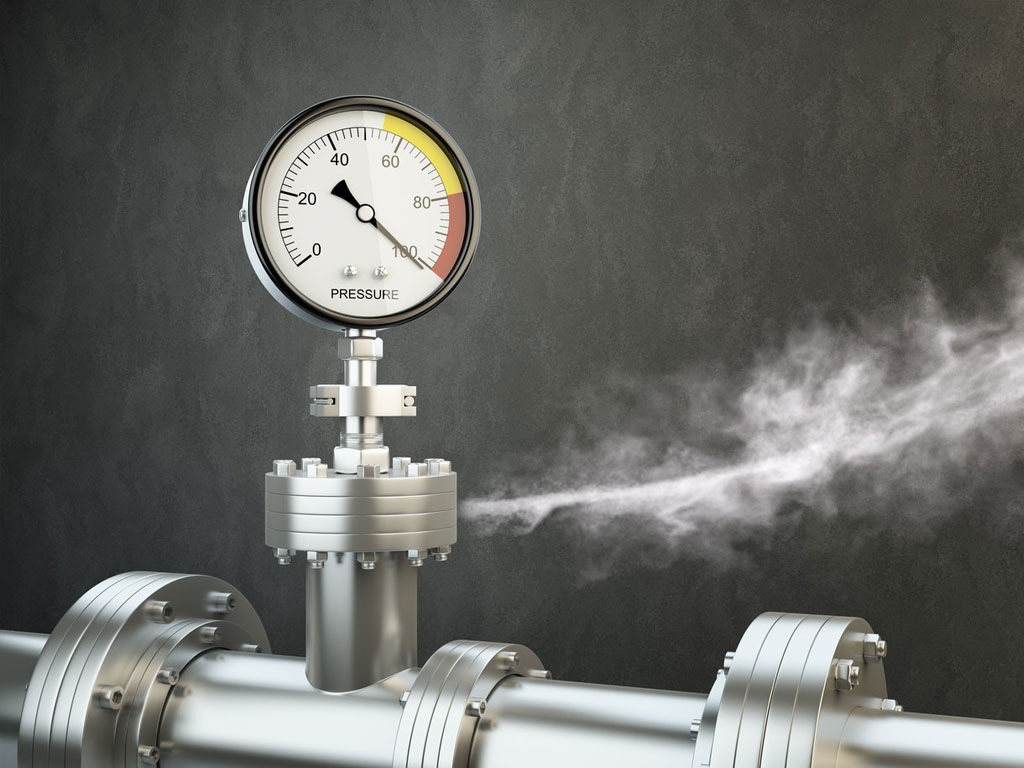Gas prices to be revised upward

According to a Business Recorder exclusive, the Cabinet Committee on Energy under the chairmanship of the Federal Finance Minister Asad Umer during its meeting on 27 February 2019 decided to increase gas tariffs for domestic consumers through revision of the first four slabs. This decision was based on the result of an inquiry into the reasons behind the inflated bills received by domestic consumers for December 2018 compared to December 2017 which found that: (i) the percentage of total gas bills declined for the first three slabs despite the rise in the volume of consumption accounting for the entire burden (below 4 HM) being transferred to the last two slabs leading to inflated bills in spite of a decline in the volume of consumption; and (ii) the pressure factor and its application as a multiplier significantly raised bills.
The inquiry report suggested the following measures for government considerations: (i) Ogra should examine the pressure factor; (ii) revise the existing slab structure with the first four lowest slabs increased. While this decision maybe criticised by the opposition, yet the government would be well advised to consider consolidating all cash transfer schemes to the poor and vulnerable under the Benazir Income Support Programme which has selected beneficiaries to the satisfaction of multilaterals and bilaterals; and (iii) date and time of meter reading as well as the meter picture, including manometer (pressure factor) be included in the bills.
That raising gas tariffs is an economically sound decision cannot be challenged. The gas sector began to experience circular debt soon after the Sharif administration signed a 16 billion dollar 15-year Liquefied Natural Gas agreement with QatarGas on 11 February 2016. By September of that year, the gas sector's circular debt had risen to 12 billion rupees with 4.6 billion rupees receivables from Independent Power Producers and 8 billion rupees payable to Pakistan State Oil. Today the figure has risen to above 130 billion rupees. While both the previous as well as the incumbent administrations focus on theft as well as inefficiencies in the distribution network as the main cause of the rise in circular debt, analysts/public focus on poor governance. The reality lies between until and unless the government measures to improve governance take root and begin to show results, measures which have a medium-term gestation period, raising tariffs is perhaps the only way forward. With winter nearly over and the use of gas for heating in upcountry areas expected to end soon after the current spell of rains and snow end the decision to raise rates would have limited negative political repercussions.
Environmentally, too, a policy to raise gas rates would have a salutary effect as demand would decline due to a raise in rates. However, sceptics claim that this need not be so as many a poor household currently struggling under the burden of inflationary pressures may decide to minimize gas use in the kitchen and replace it with firewood which also has serious environmental implications. In short, the government would have to carefully weigh the pros and cons of reducing gas tariffs and undertake policy reforms concurrently that seek to incentivize setting up renewable energy plants, including solar and wind electricity. While addressing the people of Thar recently, Prime Minister Imran Khan expressed his government's resolve to provide solar electricity though it was not clear whether the funds would come from the federal or the provincial government.
To conclude, one would have hoped that Prime Minister Khan, who was extremely critical of previous heads of government whenever they raised tariffs and/or announced impromptu grants during a political address in any locality without first ascertaining whether the funds were available, had set a new precedent and begun to quietly work behind the scenes to usher in an era of prosperity to undeveloped regions of the country.






















Comments
Comments are closed.